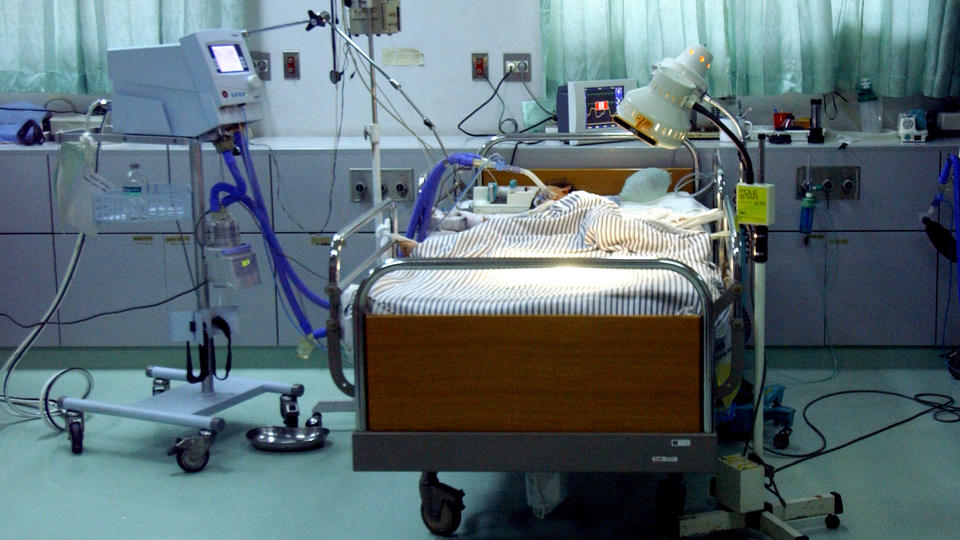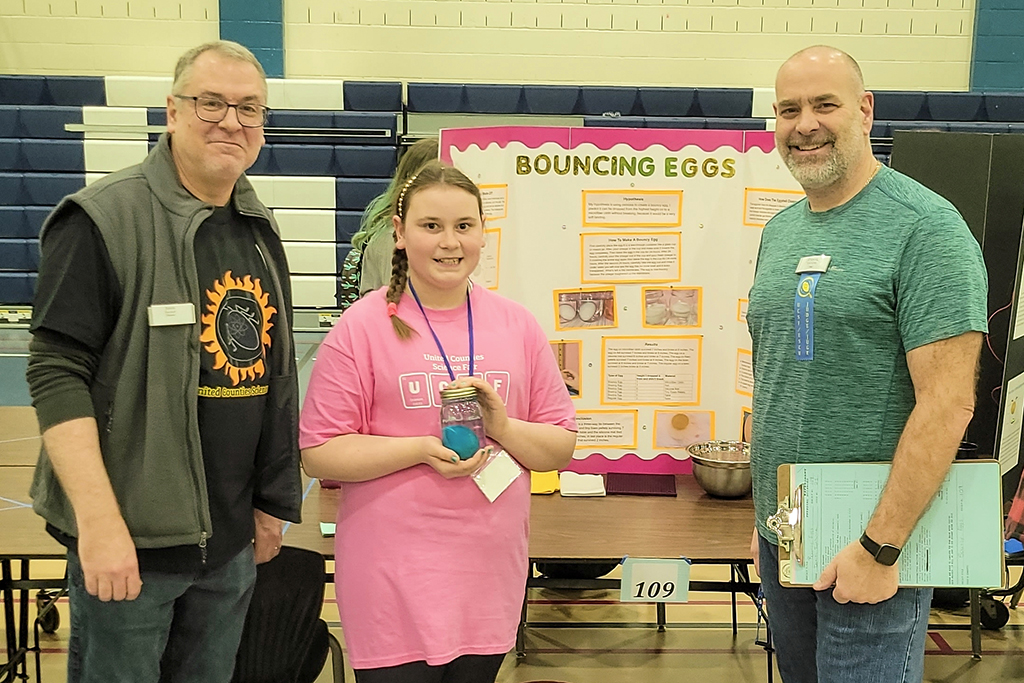
In the United States, researchers at the University of Michigan discovered an increase in activity in the brains of two dying people, according to a report. An earlier phenomenon observed in animals.
An amazing find. Is it possible that the human brain is enhanced by the near-death process? This is the question researchers from the University of Michigan in the United States asked themselves. To try to answer this, the scientists analyzed an electroencephalogram, a test that makes it possible to measure the electrical activity of the brains of four people in the process of imminent death.
This experiment made it possible to detect an increase in heart rate, but above all powerful bursts of cerebral activity in two patients. Thus, people in the near-death stage can see, hear, and feel sensations outside their bodies.
“Importantly, both patients showed significant elevations in functional connectivity, directed across multiple frequency bands within the ‘hot zone’ of the posterior cortex, an area presumably important for the processing of consciousness,” can we read in The report was published on Tuesday, May 2.
“This activity intensified with the deterioration of the heart condition of dying patients,” she added.
according to Science alertThese results confirm a phenomenon already observed for the first time last year in another patient.
At the time, the researchers recorded, in astonishing detail, the brain waves of the patient in question. They noticed a sudden spike in “gamma” brain waves, which are the fastest being produced within the brain, as well as changes in other frequencies.
Similar experiences have also been reported by people who were on the verge of death, such as seeing a white light at the end of a tunnel, or even the sensation of floating above one’s body.
The study should continue to try to find out what dying people can see or hear. “None of the patients survived to recount what they may have seen, felt, or experienced at their near death, and even then, linking sparks of brain activity to a person’s subjective experience leaves much room for mystery.” The report explained.






